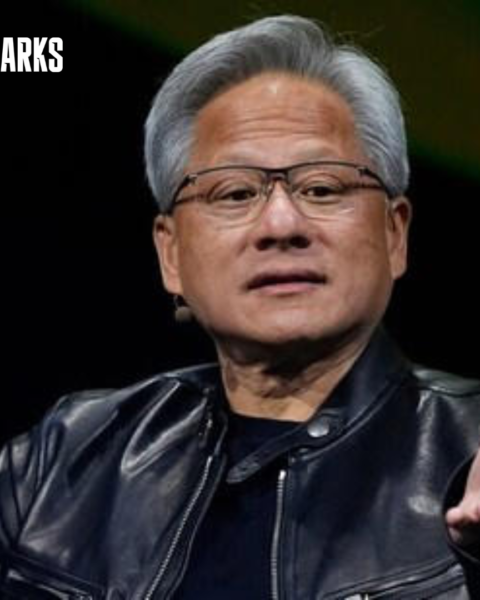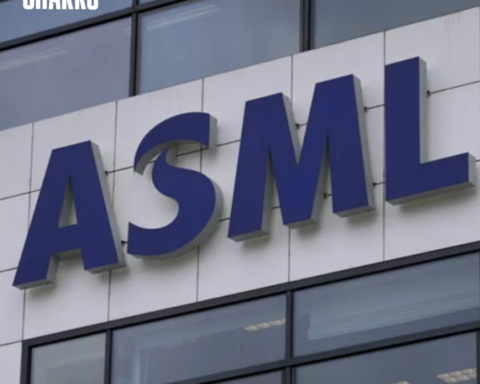China Economic Performance in May: A Mixed Bag

China’s May industrial output lagged expectations, and the property sector slowdown showed no signs of easing despite policy support, adding pressure on Beijing to shore up growth.
While retail sales outperformed forecasts due to a holiday boost, the overall data was largely downbeat, underscoring a bumpy recovery for the world’s second-largest economy.
Industrial Output and Retail Sales:
According to the National Bureau of Statistics (NBS), May industrial output grew by 5.6% year over year.
This growth was slower than April’s 6.7% and fell short of the 6.0% increase expected by analysts in a Reuters poll. This deceleration highlights ongoing challenges in China’s industrial sector.
Retail Sales:
Retail sales, a key consumption gauge, rose 3.7% year-on-year in May. This marked an acceleration from April’s 2.3% rise and was the fastest growth since February. Analysts had forecasted a 3.0% increase, attributing the better-than-expected performance to a five-day public holiday earlier in the month.
“May activity data and our high-frequency trackers for the first half of June suggest significant cross-sector divergences remain in the economy – strong exports and manufacturing activity, relatively stable consumption, and still-depressed property activity,” Goldman Sachs analysts noted.
Fixed Asset Investment:
Fixed asset investment grew by 4.0% in the first five months of 2024 compared to the same period a year earlier. This was slightly below the expected 4.2% rise and down from the 4.2% growth from January to April.
Manufacturing investment showed robust growth of 9.6% in the first five months, reflecting China’s emphasis on “quality growth” through technological breakthroughs and innovation this year.
Private sector investment grew by a mere 0.1% in January-May, down from 0.3% in the first four months, indicating weak confidence among private businesses. In contrast, state sector investment jumped 7.1% in the same period.
Challenges and Outlook:
Economists have warned that rising trade tensions with the West over China’s perceived over-capacity could pose more challenges to Chinese solar and electric vehicle producers.
The mixed economic data led to softer performance in Asian share markets, with the Chinese blue-chip CSI300 index slipping by 0.2%.
Share This
Tony Boyce is a seasoned journalist and editor at Sharks Magazine, where his expertise in business and startups journalism shines through his compelling storytelling and in-depth analysis. With 12 years of experience navigating the intricate world of entrepreneurship and business news, Tony has become a trusted voice for readers seeking insights into the latest trends, strategies, and success stories.























